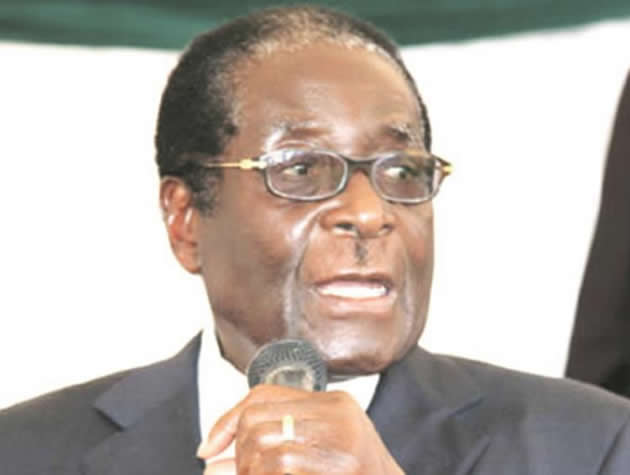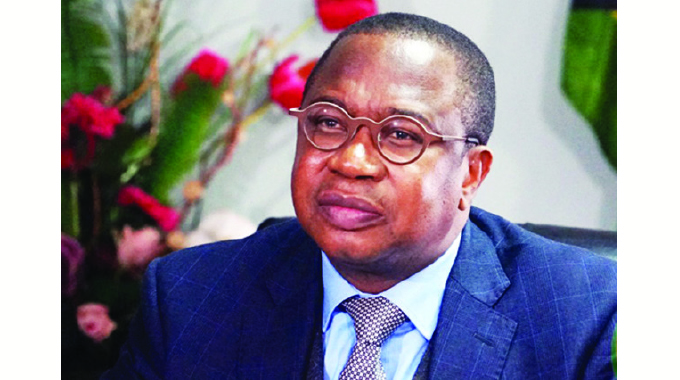Zim debates internet governance

By TechnoMag Staff
Stakeholders in the local ICT industry who converged at Jameson Hotel in Harare recently, during a conference facilitated by MISA-Zimbabwe to debate and deliberate on the national importance of the internet and its governance in Zimbabwe, managed to come up with resolutions and a way forward.
The official opening of the event was done by the principal director in the Ministry of ICT, Postal and Courier Services, Mr Cosmas Chigwamba, on behalf of Minister Supa Mandiwanzira, and Mr Chigwamba emphasised on the need to create infrastructure that creates a conducive environment to access information.
“Government has continued to play a significant role to make sure that access to the internet is available to all, and hence has encouraged all players to share infrastructure and cut costs towards information access.
“Government to date has also managed to create 6 national information centres around the nation as it also connects the rural folk to the information superhighway”, Mr Chigwamba said.
Various stakeholders from operators to content creators and consumers added their voices to the crafting of Zimbabwe’s Internet Governance framework with many speakers using the conference platform to raise various pertinent issues.
The speakers were then collectively gathered before MISA led the discussion to the key resolutions which were adopted by the participants.
Part of the hotly contested issues were included interception of information by Government where some participants questioned Government’s interest in crafting such a law.
Mr Rubiem Gwatidzo who was representing the consumers backed the law as a necessary tool to protect the State against any form of terror or banditry, which could happen if the internet is not monitored.
With the knowledge that Zimbabwe’s new Constitution specifically recognises the right of all Zimbabweans to freedom of expression, media freedom, access to information and the right to privacy, all of which include the right to access, use and enjoyment of the ICTS services and products, the internet and cyberspace.
Some of the principles and actions, which were unanimously agreed with regard to internet governance in Zimbabwe reached, included access and affordability and products of services by all.
The internet being a cornerstone tool/mechanism for the enjoyment of rights by all Zimbabweans of freedom of expression, access to information, privacy, and media freedom as outlined in the new Constitution, must be accessible and affordable for all our country’s citizens regardless of gender, race and class.
Promotion of Government Public Accountability was also raised, with the internet said to be a key tool through which citizens can interact with their governments in pursuit of democratic accountability, transparency and national development, through democratic regulation of the internet, which must be undertaken in a democratic, participatory, accountable and independent fashion by the State in consultation with all stakeholders and civil society of the country.
There are some principle which must be guided for the internet, regulation, which principle include protecting the democratic rights of the country’s citizens to freedom of expression, access to information, privacy and protection of intellectual property and ensuring that all Zimbabweans have access to the internet platform.
Access to the internet must be affordable and predicated on net-neutrality, infrastructure development while competition must be friendly to the environment, based on environmental sustainability.
Competition between telecommunications corporations, internet service providers, content providers and other ancillary services must be fairly regulated in the interest of promoting access, diversity, affordability and respect for human rights.
The internet must be valued as a key mechanism for innovation, internet-based entrepreneurship.
The Government and stakeholders must value the internet as a key mechanism for innovation, investment, entrepreneurship, access to new markets and employment for Zimbabwe’s present and future generations.
Issues of copyright on the internet were also pointed out to be a priority for policy makers and everyone with interest on in to protect intellectual property rights while the Internet of Things (IoT), must be contextualised while its emergence in context to our national development needs to be implemented in a manner that is inclusive, affordable and accessible for all Zimbabweans.
The Government was also called on by the various stakeholders that included the civil society organisations to continue with public awareness campaigns on the importance of the internet, as not only a developmental and entrepreneurial tool, but also as an emerging and inevitable technological cornerstone of freedom of expression, access to information and media freedom.
Local players like PO Box advocated promotion and development of local content, for active encouragement and investment in the production and development of gender sensitive local content that is also focused on the national context.
The civic society pushed for the decriminalisation of freedom of expression in order for the internet to reach its fullest potential of allowing Zimbabweans to enjoy their human rights.
As such, stakeholders where tasked to actively embrace the decriminalisation of freedom of expression. It was also agreed that there be a democratic approach to a cyber-security framework.
In terms of national and regional security, protection of privacy and private property, the right of all citizens to freedom of expression, media freedom and access to information remains critical.









Comments